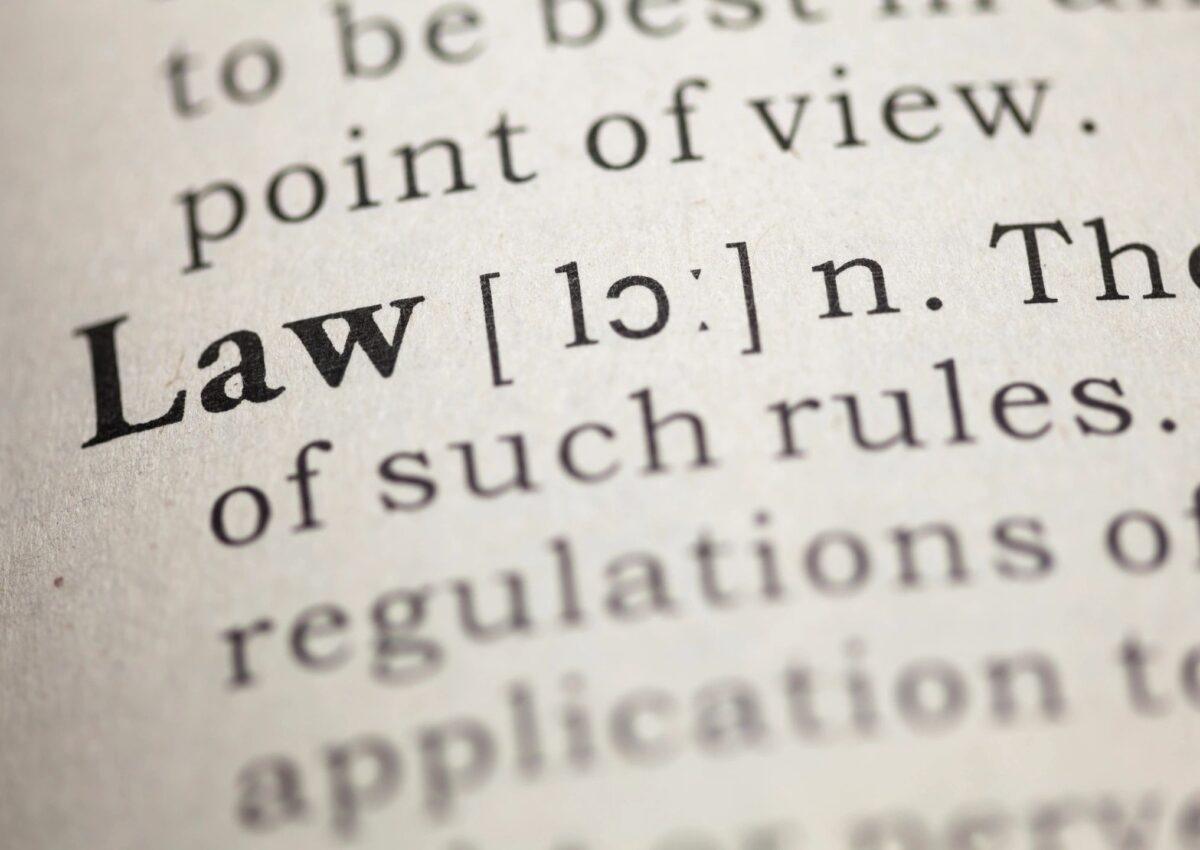
In California legal proceedings, an objection to an ambiguous or vague question is raised when a question posed during testimony is unclear or open to more than one interpretation. This objection asserts that the question is not specific enough for the witness to answer accurately or meaningfully. For example, if a question is worded in such a way that it could have multiple meanings, the witness might be unsure about what is being asked, leading to confusion or an incomplete response. In such cases, the opposing attorney can object to the question on the grounds of ambiguity or vagueness, seeking clarification before the witness provides an answer.
The purpose of raising an objection to an ambiguous or vague question is to ensure that the testimony provided is based on clear and precise questioning. If the question is not sufficiently clear, it may mislead the witness, resulting in answers that are not accurate or relevant to the issue at hand. The judge will then decide whether the objection is valid and may either sustain it (requiring the question to be rephrased) or overrule it (allowing the question to stand as asked). By preventing ambiguous or vague questions, the court helps maintain the clarity and reliability of the testimony presented during the trial.
Visit: https://inlandempirelitigation.com/
Law Offices of James R. Dickinson – 909-848-8448
How To Schedule A Consultation:
Please call us at 909-848-8448 to schedule a free consultation/case evaluation or complete the form immediately below. [Please note certain formalities must be completed to retain the Law Offices of James R. Dickinson, such as the signing of a legal fee agreement [see “Disclaimers”]].
